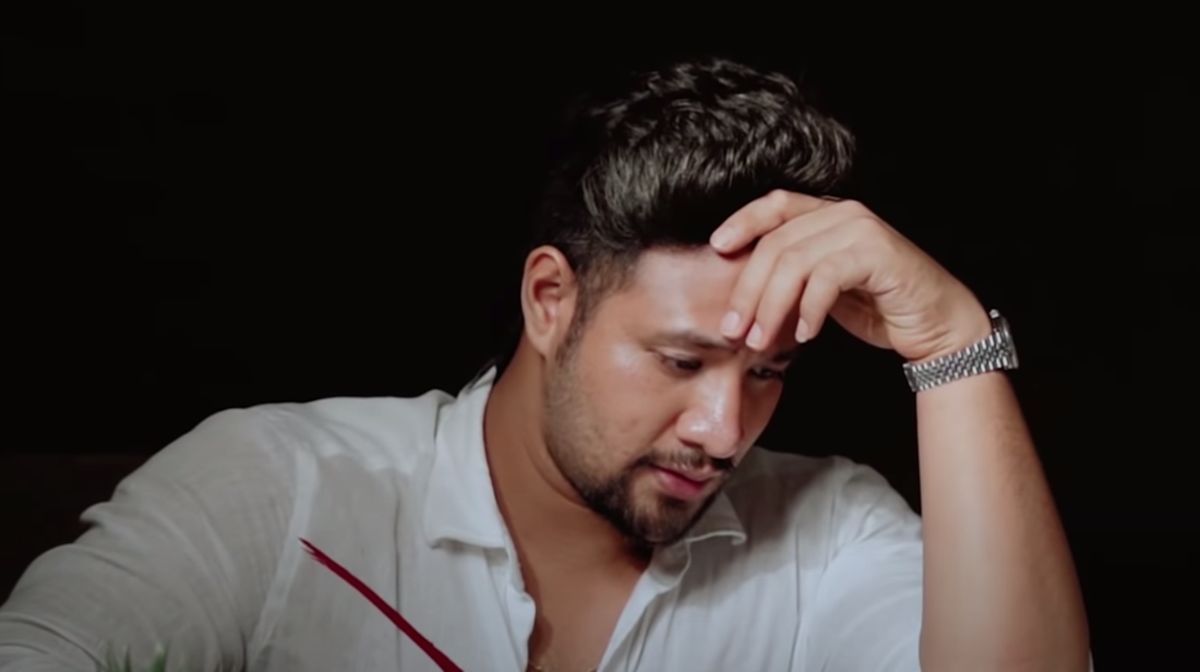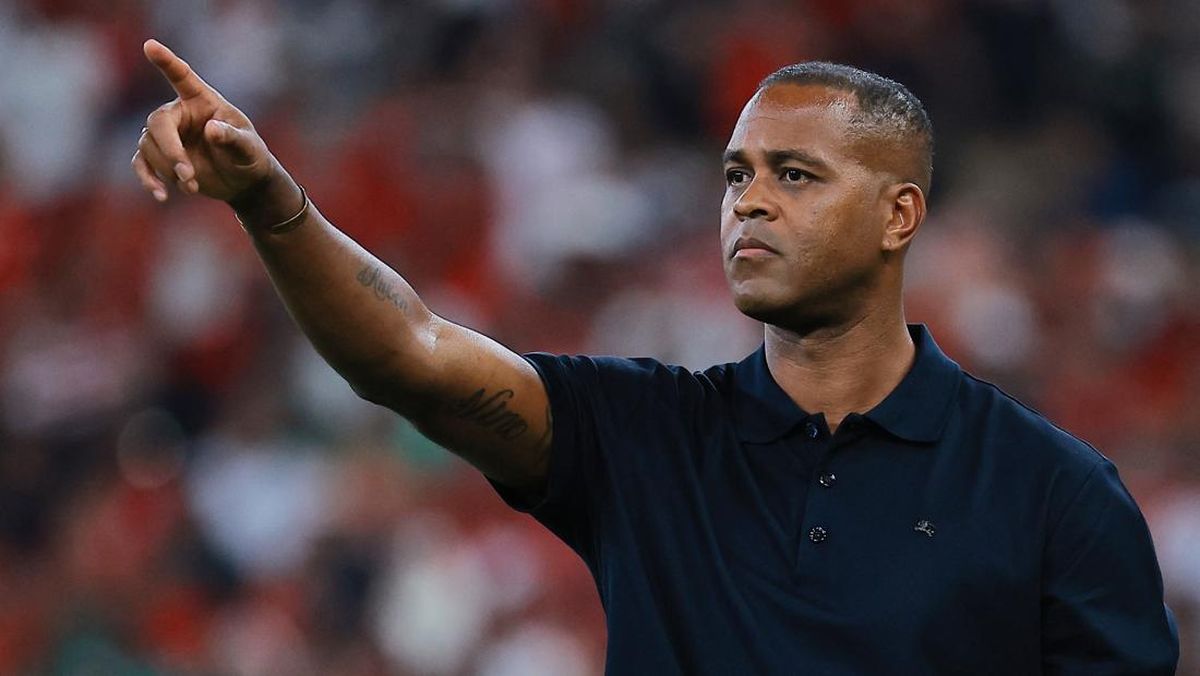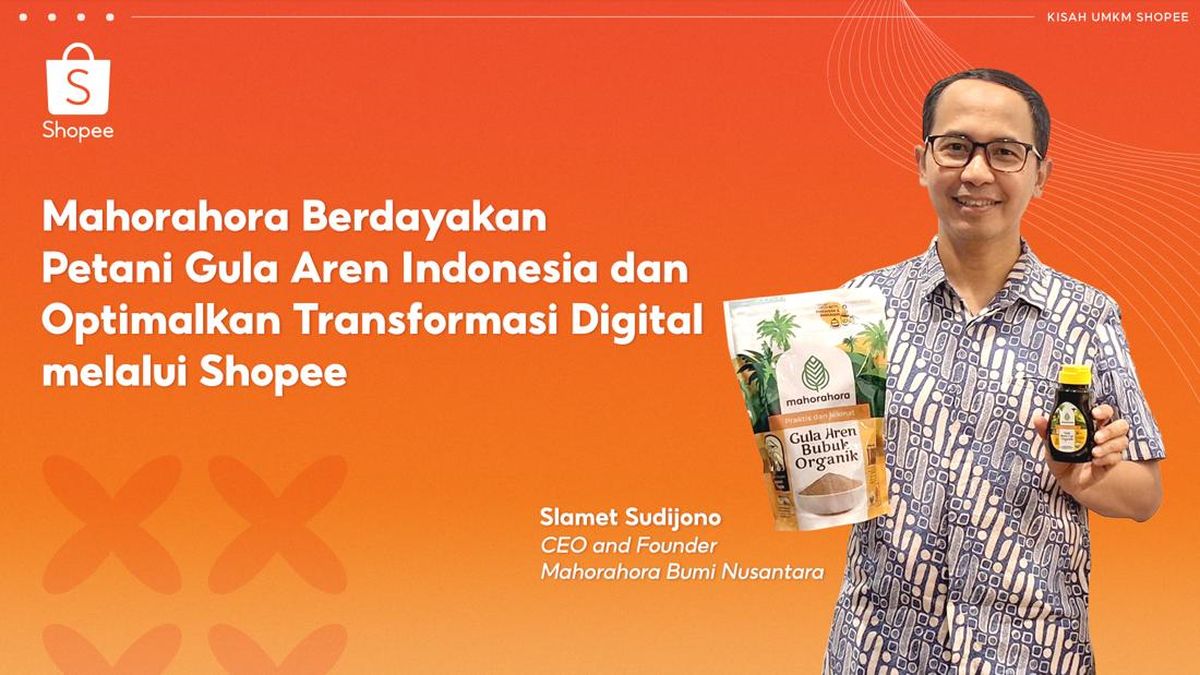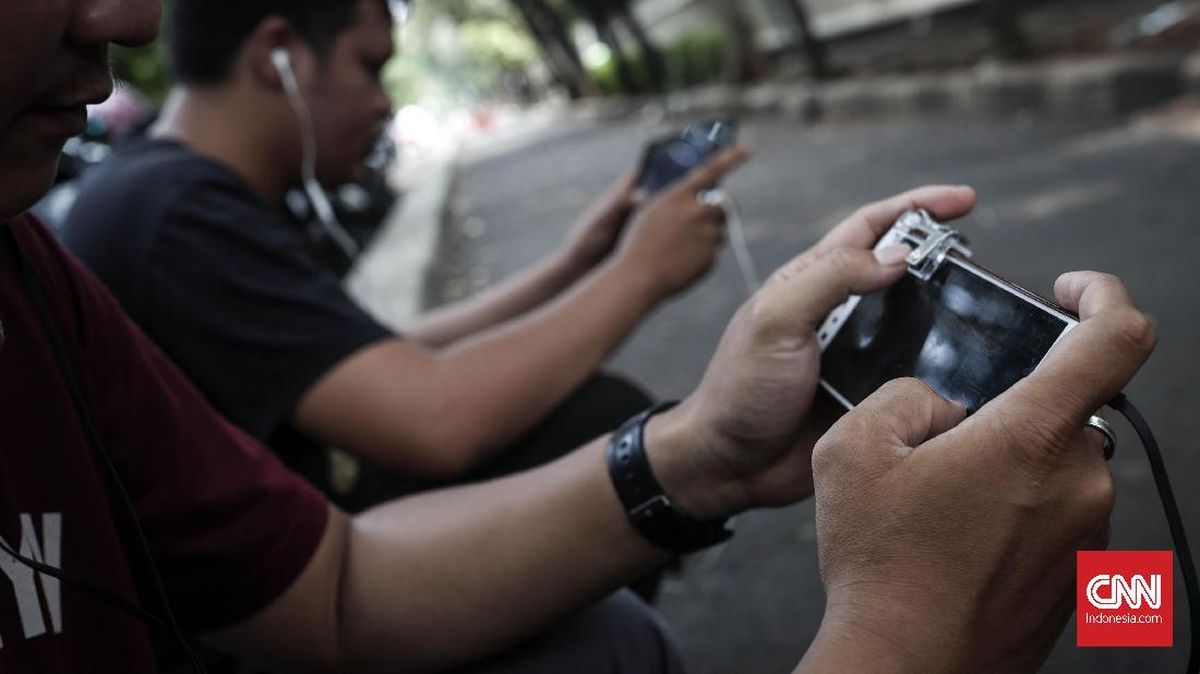I
dropped out of school at the age of 15. My first full-time job was as a checkout operator in a suburban grocery store. At the time I firmly believed that this was my career for life. I had independence, an income, a routine, clear expectations, and – most importantly – something that I could do without risk of failure.
What I didn’t realise at the time (probably because I didn’t realise that I was autistic) was that the demands of the job were far more than the cognitive demands of remembering what items go on what shelves and how to operate the cash register. The constant physical demands (the bright lights, the noise, the smells, the scratchy uniform) and social demands (remembering to smile at all of the customers, making small talk eight hours a day) meant that within a year I was mentally and physically exhausted and unable to get out of bed.
This was followed by my first experience of burnout – feeling anxious, overwhelmed, exhausted, depressed, scared, and certain that I would never find a place in the world where I felt safe and comfortable and valued. Like many autistics, this experience would be repeated at intervals across my working life.

As a young woman, Sandra Thom-Jones doubted she would find her place in the world.Credit: Aresna Villanueva
Over the next few years I worked a series of part-time and casual jobs, moving from one to another (and back again), making enough money to put food on the table and – eventually – to complete my high school education at night school. They included: selling flowers on commission (this required the ability to put on a friendly face, make engaging small talk); working in a food court (a bright, noisy, smelly environment); weekend receptionist in a hair salon (busy on the weekends, lots of greeting clients). In my early twenties I enrolled in university, which I enjoyed much more than school, and I found myself working as a bartender.
You have probably got the sense by now that I had an unfortunate knack for finding work environments that were completely inappropriate for autistic people – ones that had high levels of sensory input and demanded ongoing social interaction. Working in pubs and nightclubs certainly ticked those boxes: loud music and constant small talk (that gets louder and more inane as people become increasingly inebriated).
There were a few false starts during my undergraduate study. I thought I wanted to be a psychologist so I majored in psychology, but the career counsellor advised me that I didn’t have the people skills. I started a diploma in education, but soon realised just how noisy and smelly and physically intense a class full of children was. I knew I wanted to be a writer, but I failed my first assignment in a creative writing course (apparently I am too literal and not creative enough). Then someone suggested I take the public service entry exam.
I sat the exam for the graduate research program and was offered a position. There are lots of great things about working in the public service as an autistic person: rules, processes, policies, structure, consistency, record keeping. There are also some tricky things: rules that must be followed even when they are illogical, processes that must be followed even when there are better ways of doing things, hierarchies based on length of service rather than ability or capacity.
Overall, it was a great experience, and I obtained a permanent job and worked in a range of roles: frontline customer service; processing applications, writing reports and preparing recommendations for the minister; research and investigations; and I even did a stint in the Corporate Services branch, working on various aspects of human resources, with a particular focus on training and development.

Thom-Jones (wearing sunglasses) realised she needed to find meaningful work to be happy.Credit: Aresna Villanueva
Like many women, I took a break from employment – to start a family. I then “tried on” a few different part-time jobs, including working as a recruitment and training consultant, a training manager, and a marketing consultant.
I decided to study an MBA, reasoning that I seemed to have a knack for marketing and that perhaps a formal qualification would get me firmly on this career track.
On finishing, I secured a lucrative role working for a leadership development institute at a sandstone university – definitely a career for life! Fast-forward a little more than a year, and I found myself disillusioned with a role that meant making lots of money for people and organisations that already had lots of it. Eventually, I reached the conclusion that I needed to find a career more suited to my need to make a difference to the world.
Yes, back to the life of an impoverished student – scraping by on a PhD scholarship, but luxuriating in the joy of being able to concentrate on my research project and not having to work in a bar! I got my first job in academia by begging an academic I admired to take me on at no salary until I could prove my worth. For the next 20 years, I held a range of jobs, in a few different organisations, but all clearly coming under the umbrella of “university researcher”.
I earned my PhD, and became a lecturer, senior lecturer, associate professor, then professor. It was at this point that I received my autism diagnosis, which led to a gradual recognition that my differences were not flaws, and gave me the words and confidence to begin to advocate for myself.
I went on to become a university administrator/leader, achieving a very senior position as a Pro Vice-Chancellor. Quite an achievement for the misfit who dropped out of high school at 15.
Most people predicted that my next step would be to position myself for Deputy Vice-Chancellor (and maybe even Vice-Chancellor one day). What I actually did surprised them. After four years, I left my job and took a step away from academia. Why?

Thom-Jones held senior roles in the university sector.Credit: Aresna Villanueva
My university had a change of leadership and direction. I was moved from a role that aligned with my values and interests to a role that did not. Following a period of stress-related illness, I took a voluntary redundancy. Much to the surprise of my colleagues, I chose not to take up another full-time role in academia. This was one of the hardest decisions I have had to make in my career.
Leaving my job was not hard; I could not stay in an organisation where the values were inconsistent with my own. However, not taking up one of the senior leadership roles that were offered to me was hard. There was, of course, the need for an income. There was also a nagging voice telling me that not continuing on the upward climb would make me a failure, and a disappointment to my friends and family; that my exhaustion was weakness; and that I should just put my neurotypical mask back on and jump into another senior role. This was the voice of internalised ableism.
The voices of the people around me – especially my family – were different. They were asking: What do you want to do? What will make you happy? What is the meaningful contribution you want to make to your community?
So, what am I doing now? I am writing books on topics of importance to autistic people and fiction with autistic characters. I run creative writing workshops for autistic writers. I’m doing a second PhD on the experiences of autistic people as parents. I’m working as a consultant and I provide services for autistic adults and for organisations that support autistic adults.
Loading
Across my varied employment career I have learnt many things about myself and my ways of working. Among them is that I experience the world, and the workplace, differently to non-autistic people (and that often they have no idea what my experience is like). I now know that, perhaps more than neurotypical people, I need to do work that is meaningful to me, and that being able to control my sensory environment and work in ways that suit my brain impacts my productivity and my wellbeing.
I have also learnt that it is important for autistic people, and their colleagues and employers, to understand our challenges but also recognise and value our strengths. Most important of all, I have learnt that the difference between a disastrous employment experience and successful one lies not in the limitations of autistic people but in truly inclusive workplaces that understand and value autistic employees.
This is an edited extract of Sandra Thom-Jones’ Austistics at Work published by Melbourne University Publishing on Tuesday. She is an honorary professor at the University of Wollongong and independent autism researcher and consultant.


















































